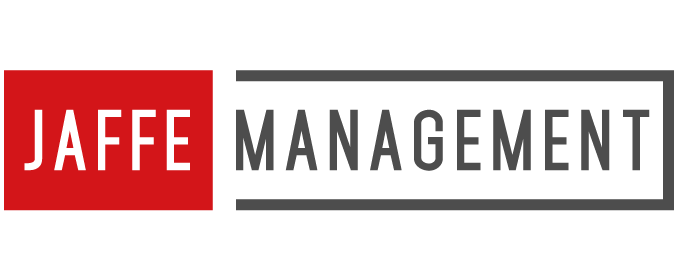03 Aug 2021 Podcasts: The Hot New Medium for Associations
If you’re looking for a new content format, a podcast might be something your association has overlooked. Not only are podcasts growing in popularity, which makes them on trend, they’re ideal for associations because they help bring in new members and engage existing ones.
And if your podcast becomes a hit, you might make some serious money on it. Podcasts are the hottest medium in terms of intellectual property today. Everyone from publishers to streaming platforms like Netflix are snatching up podcasts in order to own the rights for future ventures. Here are the five basic steps to launching a podcast for your organization.
Decide on a Podcast Topic
The toughest part of starting an association podcast is coming up with a topic. Resist the urge to do something too didactic, and embrace the opportunity to be more creative.
You don’t want your podcast to sound like a recorded lecture. Instead, it should feel like a conversation between friends or a read-aloud story that listeners just can’t tear themselves away from, which also plays into the podcast format (see below).
If you’re not sure what your audience wants to hear, survey your members. Maybe they want an ultra-niche topic that no other association is addressing. Or perhaps they’re looking for a fun take on your industry that they don’t normally find.
Pick a Format
As mentioned above, your format goes hand in hand with your topic. To get a good idea of what others in your field are doing with podcast formats, invest some time in listening to your competitors. You don’t have to mimic their podcasts; they could be completely inspirational…or totally boring. Become aware of what’s out there and then do your own thing.
Interviews are a common format for many associations, and this allows you to become more of an authority in your field by bringing in thought leaders or divulging insider information on the leading edge of your industry.
You can also do a scripted podcast where someone reads a prepared piece. The key to making this successful is to make sure the reader imbues the text with expression and dynamics, rather than sounding like they’re droning on from a textbook.
Other common formats include roundtables and panels, man-on-the-street ad hoc interviews, and debates. Don’t be afraid to use fiction too, either regularly or on occasion. Fiction podcasts can range from one-person storytelling to theater-style storytelling that is reminiscent of old radio plays.
Set a Schedule
Your audience will want to know how often you intend to produce new material, so you’ll need to set up a calendar for your podcast. Be careful about not overpromising early on; you can always increase the number of monthly or weekly episodes as you get more adept at the medium.
Your schedule will also depend on the length of your podcast and the amount of tech involved. Although 15 minutes might seem short at first, it’s actually harder to fill all that time than it may first appear, and keeping it relatively brief will leave your audience craving more.
Half-hour or one-hour formats are common for in-depth interviews and roundtables. If you have a lot of content to cover and worry your podcast is too long, consider breaking it up into segments that people can listen to during a typical work commute or while exercising on the treadmill.
Work Out the Technical Aspects
Once you have the issues above settled, it’s time to figure out the tech angle. This includes:
- Where will your podcast be hosted?
- Will it be recorded remotely or at a studio?
- Do you intend to purchase your own equipment or rent it?
- Will it be a do-it-yourself venture or will you hire a producer or podcast company to manage it?
- Will you publish a transcript of the podcast after it runs and will you accept comments there?
- Do you want to take listener questions on some episodes or at the end of each podcast?
Keep in mind that you may want music, sound effects, and other elements that are beyond most podcast novices. Even with basic talk, quality counts. Your microphone and recording standards are not the place to try to save money.
If you find podcast production costs outside your budget, you can usually offset them or even make a profit by taking on advertisers, having sponsors or setting up an account on Patreon for superfans. Don’t forget to plug your own association events and publications while you’re at it.
Market Your Launch and Subsequent Episodes
You want your audience to be ready for your launch by talking it up in advance. Make sure to share notice of your podcast on your social media accounts and website, as well as in an email blast to members. You can also list it with podcast directories and, once it’s underway, try to get some free advertising with local universities, trade publications and the like via editorial content.
When your podcast has launched, be sure to market every episode thereafter. Soon you’ll have a following, and your podcast may be the hot new thing everyone in your field is listening to.
Want help marketing your podcast or managing other tasks for your association? Jaffe Management was created to assist organizations like yours with meeting and event services, membership administration, social media posts and more. Call us at 212-496-3155, or get in touch online to let us know how we can help your association thrive.


